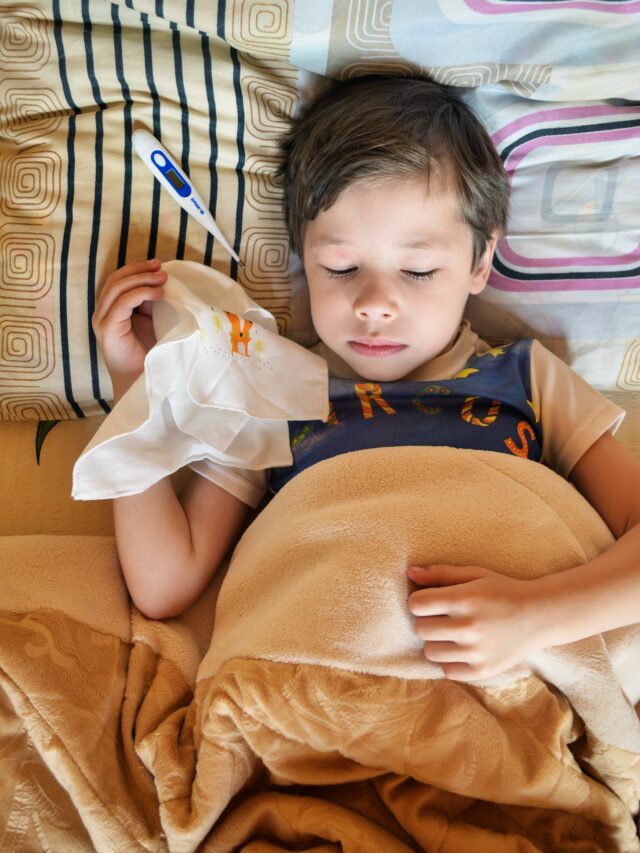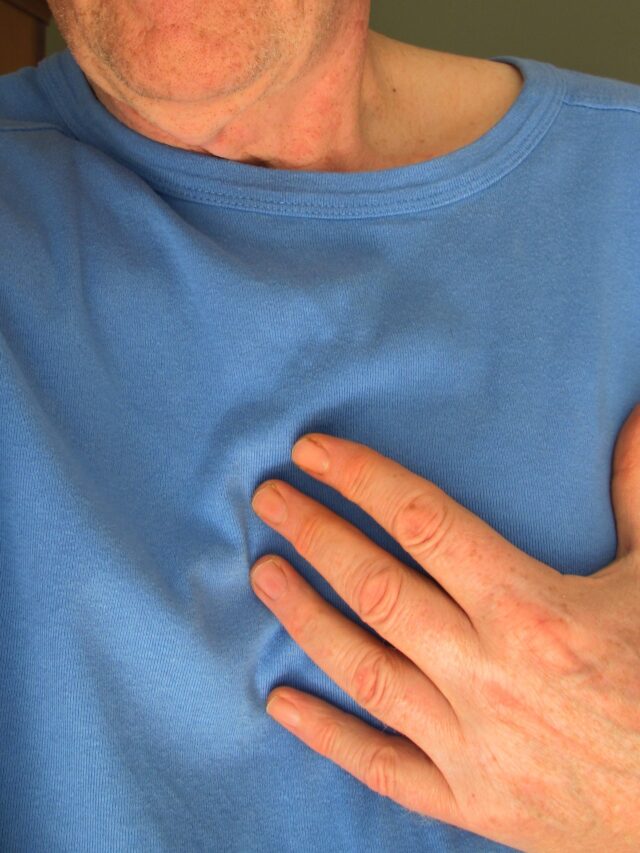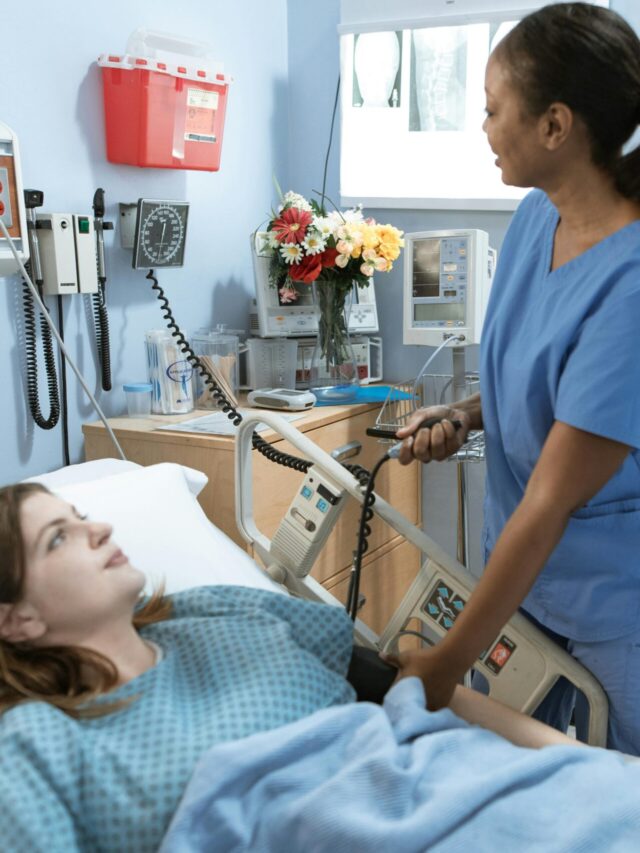GASTROESOPHAGEAL REFLUX DISEASE ( GERD) / CHEST BURNING SENSATION:
It is an esophageal motility disorder in which the lower esophageal sphincter does not function properly and this leads to the return of the food particles present in the stomach back up to the esophagus.
Written by Dr Jitesh Kumar MBBS MD
Location- India

RISK FACTOR OF GASTROESOPHAGEAL REFLUX DISEASE:
1) Change in the structure of the lower esophageal sphincter which can be due to hiatal hernia which is a condition in which there is herniation of the visceral organ like the stomach into the mediastinum through the esophageal opening in the diaphragm to change in the anatomical shape of the esophagus and it can lead to GERD.
2) Pregnancy can increase intraabdominal pressure, especially in twins, triplets, or more can lead to gastroesophageal reflux disease.
3) Obesity especially central obesity in which the abdominal size of the person increases is more prone to develop GERD.
4) Alcoholics are at increased risk of developing abdomen-related disease which includes gastroesophageal reflux disease.
5) People who are more inclined towards a fatty food diet have increased chances of suffering from this disease as fatty food takes time to get digested and this increases the risk of returning back of the food from the stomach to the mouth.
6) Smoking is also a risk factor for developing GERD.
7) Spicy food
8) Pain medication like NSAIDs (non-steroidal anti-inflammatory drugs) can cause gastroesophageal reflux disease if taken for a long time.
9) People who are prone to heavy meals.
10) Those people who are in the habit of going to bed after food have more chances of developing reflux disease.
11) Beverages like coffee, tea, or even soft drinks can be a risk factor.
PATHOPHYSIOLOGY
Our digestive tract is arranged in an anatomical way so that food particles move in one way from the mouth towards the stomach and this is controlled by sphincters at various places but sometimes these sphincters can get relaxed which can be due to any of the above-mentioned risk factors.
Due to the relaxation of the oesophageal sphincter, the food particles which was present in the stomach can move backward which leads to the moving of food particles back into the food pipe which is the esophagus, and from there into the mouth which can cause nausea and vomiting.
Alcohol can cause injury to the inner lining of the stomach which can lead to inflammation and repeated injury can lead to necrosis which can also cause gastroesophageal reflux disease.
Central obesity or pregnant women have increased intra abdominal pressure which can lead to extra pressure on the lower oesophageal sphincter which causes backflow of the food from the stomach into the esophagus.
SYMPTOMS:
1) HEARTBURN: It is the most common symptom of gastroesophageal reflux disease. The patient usually complains of a burning sensation in the center of the chest area usually after eating spicy food and drinking alcohol.
2) REGURGITATION: The patient’s complaints of feeling food from the stomach coming back into the mouth.
3) VOMITING: The patient complains of vomiting or feeling of vomiting mostly after a meal.
4) STOMACH PAIN: Pain occurs after eating food especially spicy food or drinking alcohol.
5) CHEST PAIN: Sometimes patient complains of pain in the chest area which is more while lying down after a meal or after having a heavy meal.
6) DYSPHAGIA: Difficulty in swallowing of food is a less common symptom of GERD but some patient complains of this too because constant irritation from acid causes inflammation of the esophagus.
7) BREATHING DIFFICULTY: some times regurgitant food can obstruct the airway which leads to breathing difficulty in the patients with GERD. Asthmatic also find it difficult to breathe if they are suffering from GERD.
8) COUGH: The patient usually suffers from a cough which can occur due to reflux disease.
9) DENTAL PROBLEMS: reflux disease usually causes acid to come into the mouth with food particles from the stomach which can lead to erosion of the top layer of the teeth and cause dental problems.
10) VOICE CHANGE: In some cases, voice change has been noticed due to the inflammation of the larynx which occurs due to acidic content from the stomach coming in contact with the larynx due to reflux disease.
Management of GERD-
INVESTIGATION:
1) RADIOLOGY: In some cases, the radiological investigation is done with contrast media that can show reflux disease.
2) ENDOSCOPY: even after radiological investigation most of the time endoscopy is also done to confirm the radiological findings.
3) pH monitoring: Twenty-four to forty-eight hour ambulatory pH monitoring is done which can show if the esophagus is excessively exposed to the acidic gastric juice.
PREVENTION:
1) Weight control is important to prevent the occurrence of GERD as obese people are more likely to suffer from this disease.
2) Avoid eating heavy meals, especially at night.
3) Spicy food can trigger acid reflux so it should be controlled to prevent damage to the esophagus.
4) If anyone is suffering from hiatal hernia then they should get medical advice and proper treatment.
5) Fatty food should be avoided as it increases the chances of weight gain.
6) Alcohol and smoking should be stopped completely.
7) Self-medication especially pain medicines should be stopped as they are found to aggravate the reflux disease.
8) Coffee, tea, and soft drinks also should be decreased in quantity.
9) Avoid going to bed soon after a meal. Half an hour of walking after a meal is one of the ways to prevent reflux disease.
10) Pregnant women should follow the doctor’s advice and avoid taking any medicine without proper advice from their doctor.
11) Avoid chewing gums as they can increase the gastric reflux chances.
12) Tomato, lemon, oranges, and other acidic food should be avoided as they promote reflux disease.
TREATMENT:
A proper history is taken by a doctor to rule out if any other causes like infection, cardiac problems, medicine are causing the symptoms of gastroesophageal disease.
When other causes of these symptoms are ruled out then GERD is treated by the doctor.
Proton pump inhibitors are prescribed by the doctor to control the symptoms and disease.
Laparoscopic surgery is done in cases with a long history of reflux disease.
If suffering from a hiatal hernia then it should be repaired to prevent the aggravation of GERD.
TAKE HOME MESSAGE
Avoid heavy meals, reduce the extra weight, and don’t drink or smoke.
Regular exercise should be done unless contraindicated by the doctor.
EAT HEALTHY AND STAY HEALTHY.
Comments are welcome for positive discussion on health-related topics.








Nice information